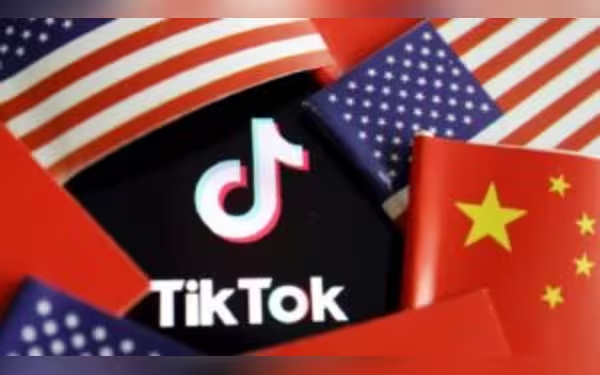Tuesday, July 2, 2024 03:56 PM
TikTok's Legal Battle Raises National Security Concerns
- Debate over Protecting Americans From Foreign Adversary Controlled Applications Act
- TikTok challenges ban, citing free speech rights of American users
- Proposed solution of ByteDance selling US operations faces opposition
 Image Credits: phoneworld_pk
Image Credits: phoneworld_pkThe ongoing legal battle between the US government and TikTok highlights the clash between national security interests and free speech principles, with implications for the future of tech regulation in the US.
The ongoing legal dispute between the US government and TikTok has sparked a heated debate over the Protecting Americans From Foreign Adversary Controlled Applications Act. This legislation threatens to ban TikTok from operating in the US, citing concerns about national security. TikTok, on the other hand, argues that the law infringes on the free speech rights of its American users and has filed a lawsuit to challenge the ban.
One proposed solution is for TikTok's parent company, ByteDance, to sell its US operations to a non-Chinese entity. However, both ByteDance and the Chinese government oppose this idea, further complicating the situation. The clash between national security interests and free speech principles has put TikTok's future in the US in jeopardy.
Many Americans rely on TikTok for entertainment and self-expression, viewing the potential ban as a threat to their online activities. Similar concerns have led other countries, including India and some European nations, to take action against TikTok. The outcome of the lawsuit remains uncertain, raising questions about the implications for other foreign-owned tech companies in the US.
The TikTok legal battle underscores the delicate balance between national security and free speech. The verdict of the lawsuit will have far-reaching consequences, shaping the future of tech regulation in the US. Whether TikTok will continue to thrive in the US or face a ban remains to be seen, highlighting the complex interplay between technology, politics, and individual rights.













